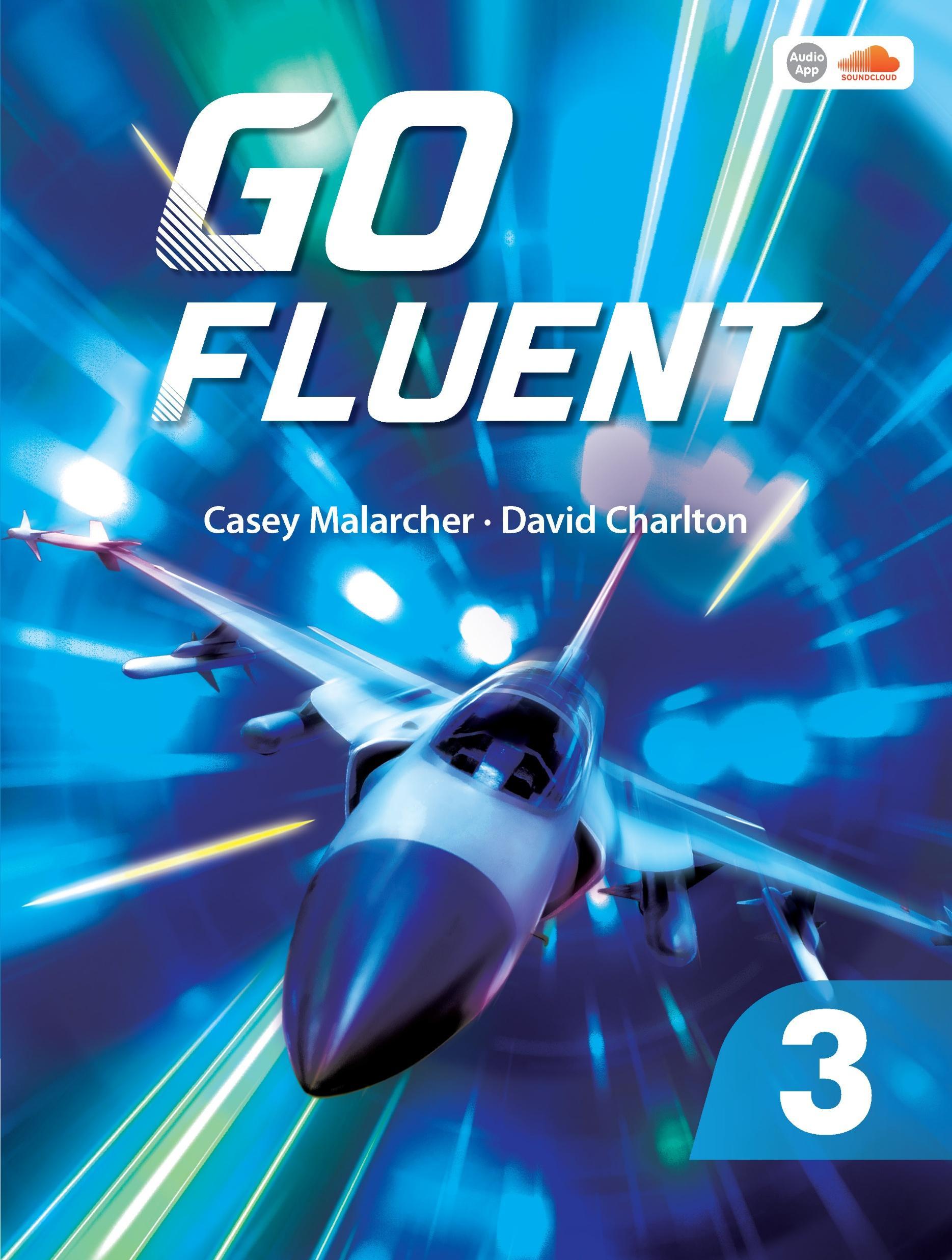

Digital Sampler

Scope and Sequence
Listening
Unit 1 My Goals
Unit 2 Education and Training
Unit 3 International Travel
Unit 4 Cultural Awareness
Unit 5 The Arts
Unit 6
Social Media
Unit 7
Mental Health
Unit 8 Fitness Friends
Unit 9 Technology
Unit 10 Predictions for the Future
Unit 11 Global Issues
Unit 12 Green Initiatives
Listen to peoples’ future plans
Listen to interview questions
Listen to travel stories
Speaking
Talk about your future plans and ambitions
Talk about your educational background
Describe a travel experience
Listen to an explanation about customs
Describe customs in your country
Listen to an art critque
Listen to a discussion about social media
Listen to a podcast about wellness
Listen to a fitness podcast
Listen to a discussion about technological advancements
Listen to a presentation about the future
Listen to discussions about global issues
Listen to a presentation about climate change
Describe your favorite work of art
Talk about the uses of social media
Talk about self-care
Express your opinion on diet and fitness trends
Describe a technological development
Express your opinion on future trends
Talk about global issues
Talk about the causes and effects of climate change
Reading
Understand a person’s plan for the future
Understand career requirements
Understand a travel guide
Understand cultural norms
Understand short texts that analyze literature
Understand the uses of social media
Understand the signs of burnout
Analyze advice on fitness and health
Understand a report
Understand a scientific prediction
Analyze solutions to global problems
Analyze opinions on climate change

Grammar
Future tense: will and be going to
Present perfect tense Modals of ability
Past continuous tense Phrasal verbs
Writing In the Real World World Link
Write about long-term and short-term goals
Write about your work experience
Write about a travel experience
Present perfect tense
Simple past tense
Relative clauses
Passive voice
Past perfect tense
Intensifiers Connecting words
Simple present tense
Present continuous tense
Future continuous tense
Write about a custom or belief in your country
Write a book review
Write a comparative essay
Write a reflective essay
Write a summary of an expository essay
Write an essay about a new technology
Write a prediction about technology
Explain your long-term and short-term goals
Write a personal statement
Give advice to travelers about best places to visit in your country
Give advice to travelers about following local customs
Give constructive criticism
Create a social media marketing plan
Make a plan to improve on your mental health
Understand ways to find a future career
Understand different interview styles
Understand different perspectives about travel
Understand cultural norms
Understand different forms of artistic expression
Understand different perspectives about social media
Understand different methods for relieving stress
Write an argument
Create a proposal for adopting a new technology
Analyze a prediction and express your opinion
Understand fitness and health trends
Understand the impact of future technologies on different industries
Understand the relationship between technology and culture
Zero & first conditional
Second conditional
Write a summary of an argument
Write a cause-and-effect essay
Write a proposal
Make a green initiative proposal
Understand social responsibility
Understand how countries are combating climate change
Unit 1

My Goals
GETTING
READY
1 LANGUAGE IN USE 2
A Talk as a class.
1. Why is it important to set goals?
2. What kind of goals do people set?
B Listen and repeat. 01
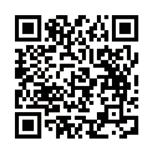
What are your plans for the What do you want to do after Where do you see yourself in future? graduating? (five) years? dream plan on work on
C Look at the pictures. Listen and check the best responses. 02 2.
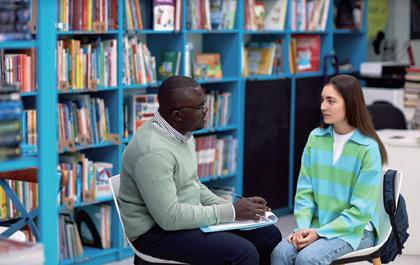
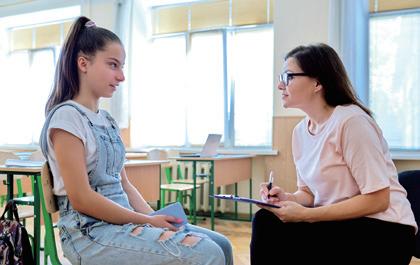
A Match.
1. goal
2. ambition
3. plan
4. achieve
5. improve
6. determined
7. focus
8. complete
•
•
•
•
•
•
•
•
• a. not giving up; wanting to do something and working hard for it
• b. to reach a goal or finish something successfully
• c. something you want to do or get in the future
• d. to make something better
• e. to give your attention to something
• f. a strong wish to be successful or do something important
• g. a list of steps to do something or reach a goal
• h. to finish something
B Work with a classmate. Create a conversation.
A: What are your plans for the future?
B: My 1 is to get into a good university.
A: I have the same goal. What is your 2 to get into a good university?
B: I need to 3 my math skills. What about you?
A: I’m 4 to study abroad. I need to 5 on studying English.
CONVERSATION 3
A Listen. 03
Do you have any plans plans for your career?
4
I want to be a teacher.
What is your biggest dream?
My dream is to travel around the world.
B Practice the conversations with a partner.
Is there something you’ve always wanted to do?
I’ve always dreamed of being an astronaut.
Do you have a goal you are focusing on?
I’m focusing on learning to play guitar.
C Use the words and expressions in the conversations above or use your own ideas.
My goal is to I hope to I’m planning to be wish desire My ambition is to be One day, I’d like to be I’m working on
SOUNDS FUN
A Watch and listen. 01
A: Do you have a goal you are focusing on?
B: Yeah. I’m working on my health. I want to get in shape.
A: That’s great. How do you plan to get in better shape?
B: I’m planning to work out at least five times a week.
A: Wow. I hope you succeed.
B: What about you? Do you have any plans for the future?
A: I’m planning to enroll in online classes this summer.
B: Really? Why?
A: I hope to get some IT certificates.
B Repeat the audio. 04
C Listen and check. 05
D Watch and say the assigned role. 01
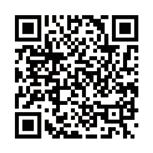

1. You are A:
2. You are B:
Scan for Video
SPEAKING 5
A Listen and fill in the blanks. 06
Michael : What are your plans for the future?
Amanda : I have a few. My 1 is to be a 2 .
Michael : Wow. That’s a big dream. How do you plan to 3
Amanda : Well, I’m going to 4 in pre-med courses. What about you? Do you have any plans?
Michael : Not really, actually. I still haven’t decided.
Amanda : Is there something you’ve always wanted to do?
Michael : I’ve always liked 5
Amanda : Why don’t you enroll in art school?
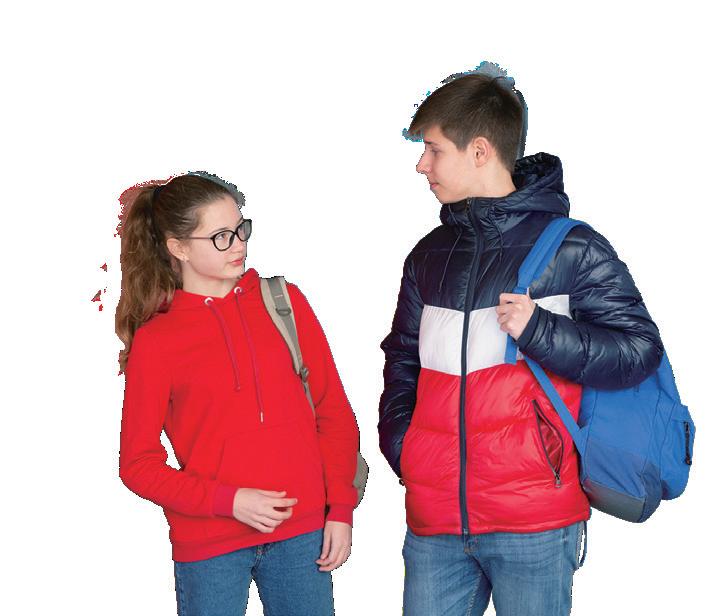
Michael : Yeah, maybe. But, right now, I’m focusing on my job. I need to save money for university.
B Listen to the rest of the conversation. Then answer the questions. 07
1. When will Michael enroll in university?
2. What does Amanda want to do after graduating?
3. What does Michael want to do in the future?
C Work with a partner. Read the responses and write the questions. Practice the conversations.
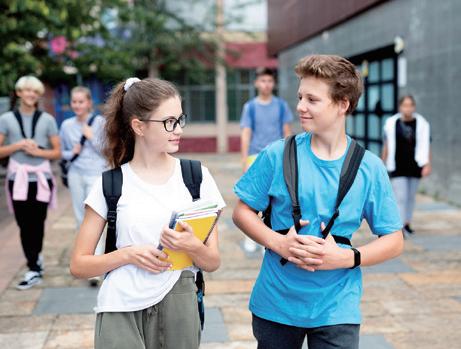
ROLE PLAY 6
I plan on taking English classes.
One day, I plan on running a marathon.
I want to improve my dance skills.
I need to complete this course to graduate.
A Talk about your future plans and goals with a partner.
A: Do you have any for the future?
B: Yeah. I hope to What about you? Do you have any ?
A: My is to . What is your to ?
B: I will and . What about you?
A: My is to .
B Change roles.
goal(s) / plan(s) / aim(s)
A Read the questions and sample answers on this page and page 126. Then write your own answer to each question.
1. What are your plans for the future? I want to be a director.
2. Do you have any plans for your career? I want to study media broadcasting and work on films.
3. What is your biggest dream? I hope to one day film my own movies.
4. Where do you see yourself in ten years? My goal is to work at a film studio in ten years.
5. How are you planning to accomplish your goals?
I’m going to study hard in university and make a portfolio.
B Work with a partner. One person should use this page. The other person should use page 126. Take turns asking and answering questions.
A Talk as a class.
1. What are some activities you enjoyed as a kid?
2. What are some jobs related to your interests?
B Read. 08
I love being outside. Birds sing, the air is fresh, and nature is beautiful. My love for nature is why I want to be a nature photographer. I want to take pictures of the cool things I see and show them to others.
To get ready, I need to learn to use a good camera. Right now, I use my phone and a simple camera for photos. I need better tools to take clear pictures of nature. I will save money to buy a good camera and learn to use it well. I will watch videos online, go to photography classes, and practice with my camera every week to get better.


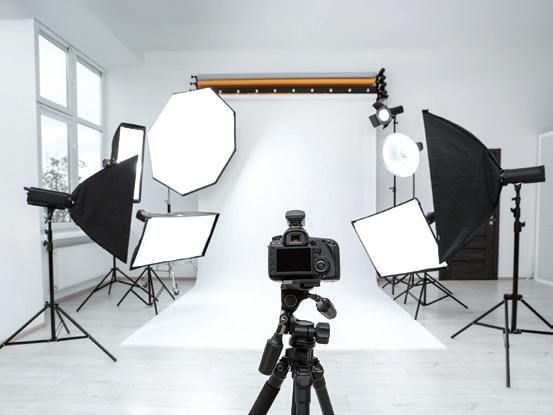
In addition, I want to study photography at university. Photography classes will teach me to use light, frame photos, and take great photos of animals and places.
I plan to work part-time to pay for classes. I hope to get a part-time job at a photography studio to get more practice. I can practice by taking family photos, yearbook photos, and photos of events such as weddings and graduations.
In the future, I want to travel to many places. I want to see forests, mountains, oceans, and deserts in different countries and take photos of them. I want to become a famous photographer like John Shaw. To help me on my travels, I will need to speak many languages. I plan to study English and Spanish in college, so I can talk to people while working abroad.
I know it won’t be easy, but I am excited. I believe that with hard work I can achieve my dreams. I want to take photos that inspire people to love nature.

C Match the words to the definitions.
1. fresh
2. simple
3. clear
4. photography
5. frame
6. part-time
7. studio
8. abroad
•
•
• a. easy to understand or not complicated
• b. clean or new
• • c. the art or activity of taking pictures with a camera
•
•
•
•
•
D Circle true or false.
• d. easy to see, hear, or understand
• e. to decide what to include in a picture when using a camera
• f. working or studying for only a few hours a day or week
• g. in or to another country
• h. a place where artists, photographers, or musicians work
1. The writer is a nature photographer.
True False
2. The writer plans to use their phone to take pictures in the future. True False
3. The writer will work a part-time job while in university.
4. The writer will study English and Spanish in college.
5. The writer hopes to inspire people to love nature.
E Circle the answers.
1. What is the reading mainly about?
True False
True False
True False
a. Cameras b. Phones c. Future plans d. Photography classes
2. What will the writer learn to use?
a. A good camera b. A phone c. Editing software d. A photo studio
3. Where does the writer want to work in university?
a. At a school b. At a studio c. At a family restaurant d. At a travel agency
4. What is not one of the writer’s plans?
a. To learn to use a camera
b. To study photography in university
c. To study Spanish in university
d. To work with John Shaw
F Talk to your partner about your future plans.
1. What are your plans for the future?
2. What do you need to do to achieve your goals?
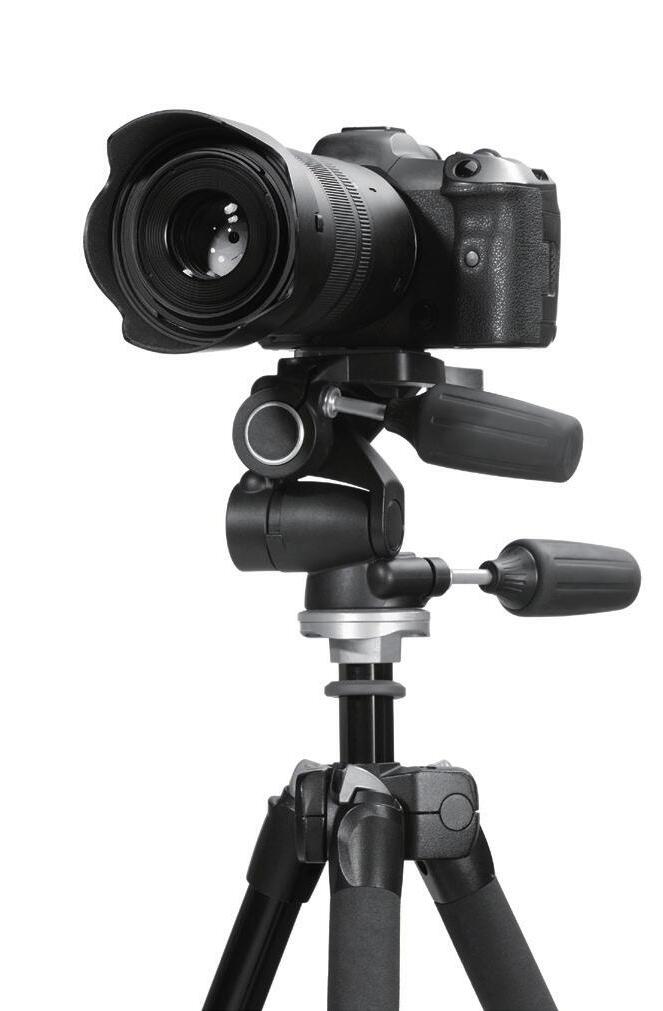
A Learn the grammar.
Future tense: will and going to
Use will: To make decisions at the time of speaking
To state a fact about the future
To make a promise
To make a prediction
With words and phrases like I think , I hope, I guess, probably, and possibly Use be going to: When talking about a future event that has been planned before the time of speaking
To make a future prediction based on facts or evidence
B Read and write will or be going to and the verbs.
1. I (enroll) in classes this weekend. I planned to enroll with my friend.
2. She (take) a cooking class. She enrolled last month.
3. They (improve) on their English. They have already studied for a year.
4. I think I (study) for an IT certification this summer.
5. I hope I (open) my own restaurant in the future.
C Answer the questions with will or be going to.
1. What are you going to do for summer vacation?
2. What are you doing to prepare for your future?
3. What will you be doing in ten years?
D Look and write predictions about the people in the pictures. Use will or be going to.
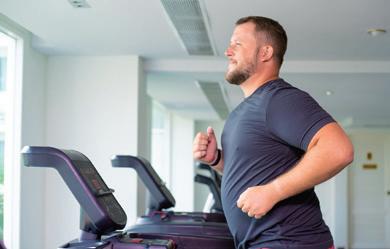


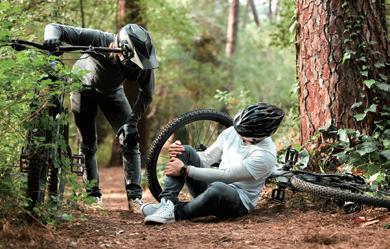
WRITING 10
A Read. Then fill in the blanks with the correct information. achieve goals dream focus on determined improve
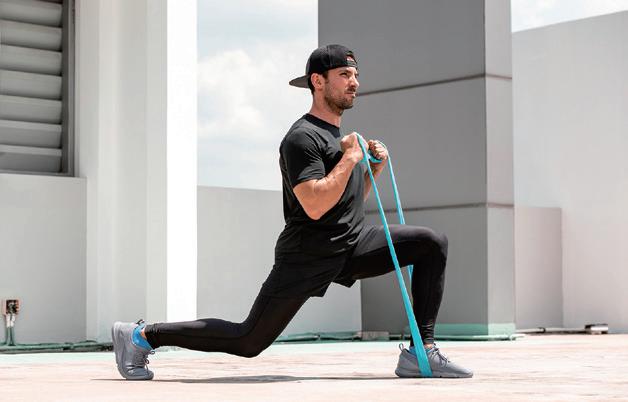
This year, I plan to 1 self-improvement. I will start by setting small, achievable 2 . My first goal is to wake up early. Then I will do twenty minutes of exercise and stretch every day. This should
3 my health. I also plan to learn new things. I’m
4 to learn how to climb. It’s my 5 to climb Mount Everest one day. To 6 this dream, I need to study. I will study mountaineering and keep my body healthy until I start climbing big mountains.
B Use the reading in A to write your plans for the future.
IN THE REAL WORLD 11
A Read the prompt. Prepare a short presentation.
PROMPT:
When you apply to schools or jobs, many interviewers will ask about your future goals or plans.
Prepare a short response to the following question: “What are some of your long-term and short-term goals?”

MODEL:
In the short term, I want to improve my time management skills and complete online courses to increase my knowledge. I’m also focusing on building healthy habits, like exercising regularly and reading more. Long-term, I hope to advance in my career. I want to take on leadership roles and work with the best and brightest in our industry.

Choosing a job is exciting but hard. It starts with knowing yourself. What do you like to do? What are you good at? If you like helping, you might want to work in a hospital or school. If you like solving problems, you might want a job in technology or engineering. Learning about a job is an important first step in choosing a career. You can look online to learn about different kinds of jobs. Websites like job boards show the skills and education you need to succeed. For example, to be a nurse, you need a nursing degree. To be a mechanic, you might need training or an apprenticeship.


Cultural and workplace preferences are also important when deciding on a job. In some places, having an advanced degree is important. In other places, work skills and experience are more important. Some jobs can teach you while you work. Others want you to work well alone. Another way to learn about jobs is to ask people who actually do them. Ask family, friends, or teachers about their work. Visit workplaces or go to job fairs to learn about jobs from the people who do them. You can also volunteer, do an internship, or work part-time to get experience. These experiences also look good on your resume.
In addition, remember that choosing a career is not forever. Many people change jobs once or twice in their life. Take your time and find a job you like.
B Circle true or false.
1. People who enjoy solving problems are the best teachers.
2. You can learn about jobs on websites.
3. Mechanics might need an apprenticeship.
4. Most jobs require an advanced degree.
True False
True False
True False
True False
5. Internships are a good way to get experience. True False
C Answer the questions.
1. What is the reading mainly about?
a. Choosing a job
b. Using a job board
c. Studying for an interview
d. Getting internships
2. What is not true about job boards?
a. They have information about needed skills.
b. They have education requirements.
c. They require a nursing degree.
d. They are found on the internet.
3. Where can you learn about jobs?
a. From movies
b. From people who do them
c. From university classes
d. From volunteers
4. Which statement is not true according to the reading?
a. Choosing a career is forever.
b. Some jobs require advanced degrees.
c. Job boards can teach you about careers.
d. Many people change careers in their life.
D Talk as a class.
1. What plans do you have for your future career?
2. Why do you think people change careers?
3. What does it mean to be successful?
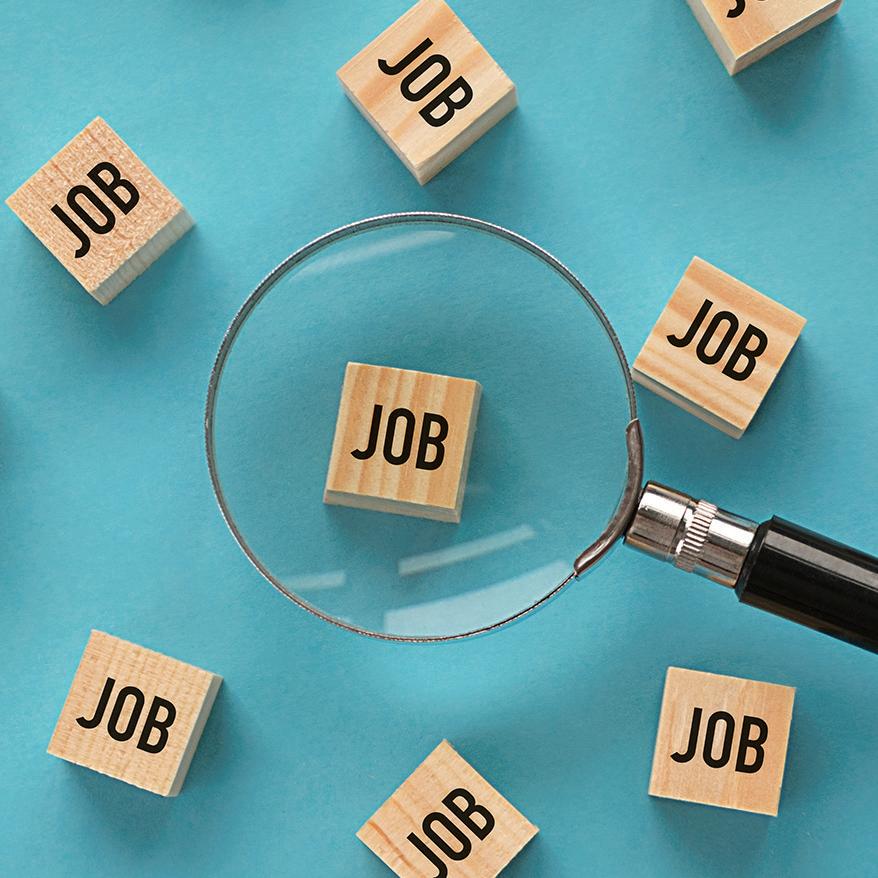

Go Fluent is a three-level series designed for young-adult and adult learners of English. It covers all four language skills and grammar with functional language models to build communicative abilities. The series is scaffolded to build confidence in speaking by guiding students to speak through modeled dialogs, structured conversations, and free conversation with theme-based questions. Go Fluent also builds students’ knowledge of the world around them with its World Link and In the Real World activities. These activities teach valuable skills for students’ futures, as well as, develop awareness on how to be a better, more knowledgeable global citizen.
Features
• A multi-skill approach to developing communicative skills that strengthen the accuracy and fluency of learners
• Authentic language models that build comprehension and production skills
• Engaging and interactive tasks that challenge students to produce language
• Model responses to support student completion of all productive speaking and writing tasks
• Fundamental grammar points linked to each unit’s listening and reading samples
• Video and audio recordings for listening comprehension, modeling pronunciation, and developing fluency
• Practical and functional language activities to prepare students for using English in the real world
• Informative and useful lessons on countries and cultures around the world that instill in students a sense of global citizenship and prepare them for life in the 21st century



